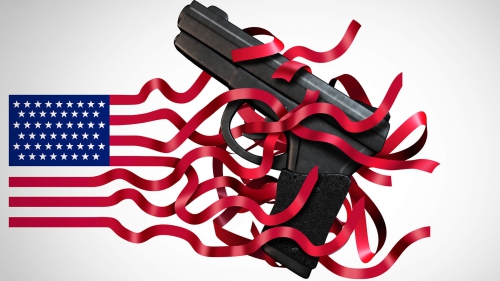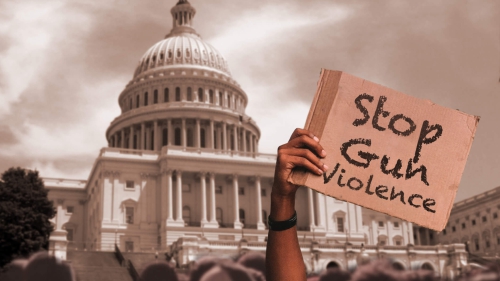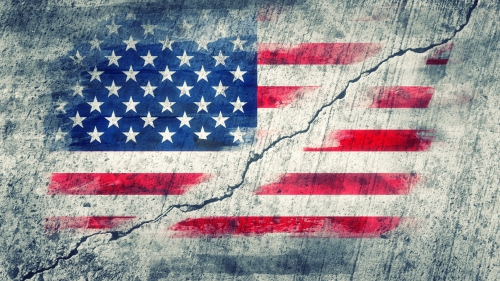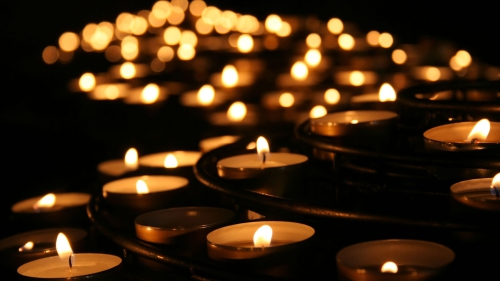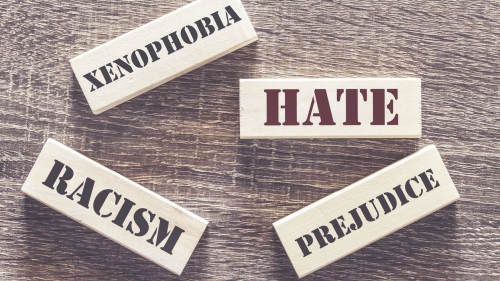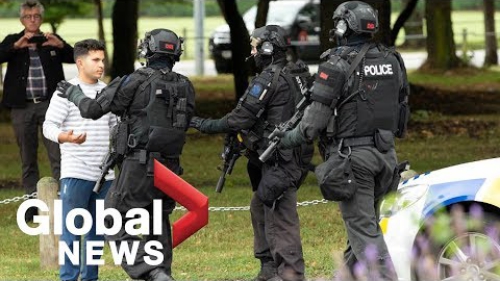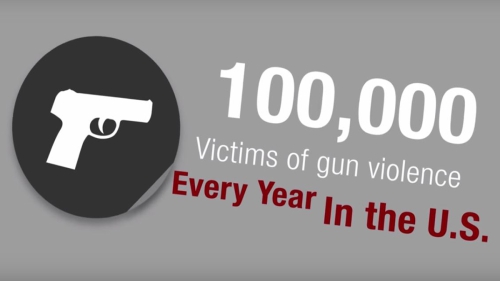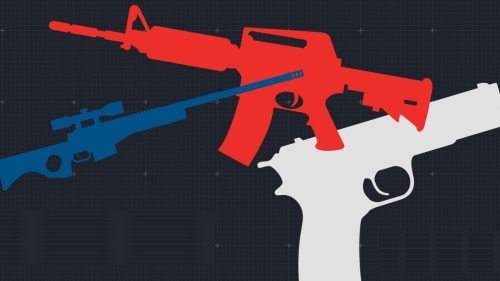The Illusion of Armed Salvation
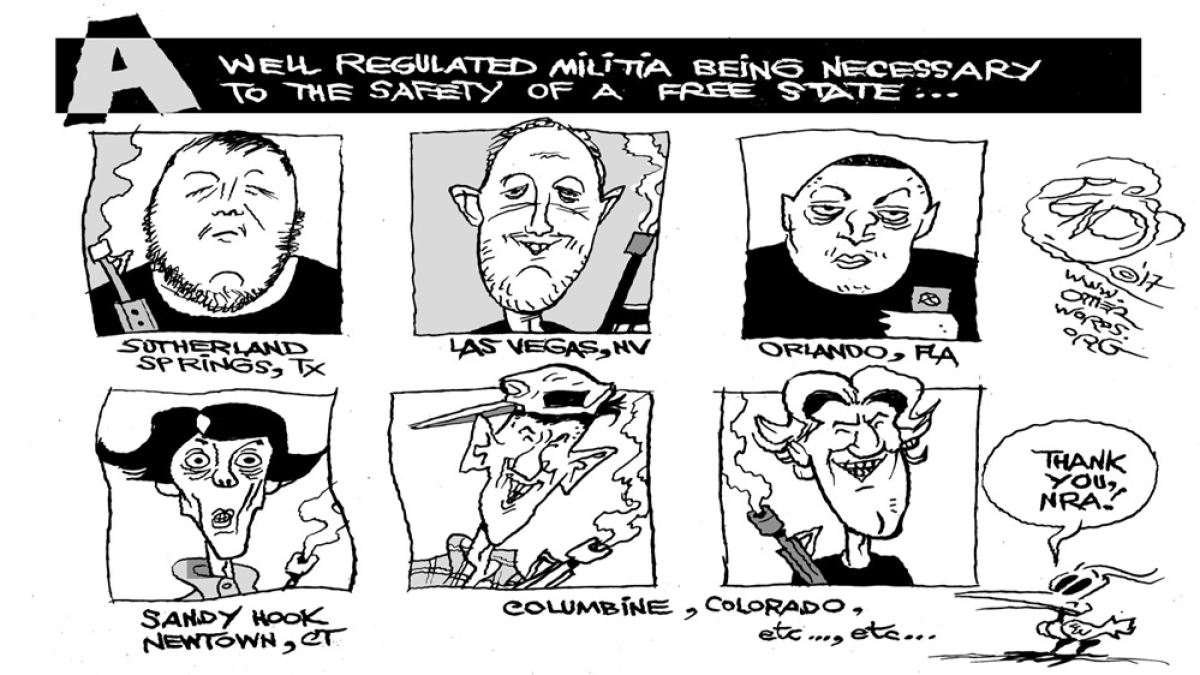
This time, the “the fire and the fury” of American mass murder erupted in church. Twenty-six people were killed, including children, one only 18 months old.
How do we stroke their memory? How do we move forward? This is bigger than gun control. We should begin, I think, by envisioning a world beyond mass murder: a world where rage and hatred are not armed and, indeed, where our most volatile emotions can find release long before they become lethal.
As I read about the shootings at Sutherland Springs, Texas, and studied Devin Patrick Kelley’s troubled bio, I suddenly found myself picturing a coal miner trapped in a collapsed mine. Here was a man trapped inside himself: buried in his own troubles, disconnected from his own humanity and, therefore, everyone else’s humanity. A man in such a state is utterly disempowered.
And in this country, the path back to empowerment — for God know how many people — begins with owning a gun.
“The United States is one of only three countries, along with Mexico and Guatemala . . . (in which) people have an inherent right to own guns,” Max Fisher and Josh Keller pointed out recently in the New York Times.
That is to say, in most other countries, gun ownership, like driving a car, is a privilege to be earned, not a basic human right to be removed by law only when extreme conditions warrant it. And a large, organized segment of the population intends to keep it that way. After every mass shooting, the force that rallies in this country is the force that cherishes the right to own guns and views every attempt by government to limit that right as a theft of the most fundamental of freedoms, not as a means of protecting people. It’s as though the right to bear arms equals the right to be fully human.
Envisioning a world without mass murder — which means a world without war, waged either collectively or privately (with both types of war generating handsome profits for the weapons industry) — means envisioning a world where guns are not a precondition for empowerment and us vs. them isn’t society’s default setting.
Guns are a symptom of society’s addiction to fear. And efforts to pass gun control legislation are continually on the political defensive, caught between the addicts and the profiteers.
And thus, as the Baltimore Sun noted: “If Kelley was eligible to buy a gun, it was only just barely. Yet even so he was able to buy not just any gun but a civilian version of a military assault rifle, designed not for hunting or self-defense but combat.”
The Air Force didn’t work out for him. He was court-martialed for abusing his then-wife and fracturing the skull of his toddler stepson, spent a year in confinement and wound up with a bad-conduct discharge, but he still was able to claim his right to go into combat.
And in claiming that right — and becoming one of the “bad guys with a gun” — Kelley fueled the combat instincts in others, such as Texas Attorney General Ken Paxton, who has called for the armed protection of America’s churches. Speaking on Fox News, Paxton recommended armed security guards or “at least arming some of the parishioners so they can respond to something like this.”
As Fisher and Keller reported, citing a 2015 University of Alabama study: “Americans make up about 4.4 percent of the global population but own 42 percent of the world’s guns. From 1966 to 2012, 31 percent of the gunmen in mass shootings worldwide were American. . . .
“Adjusted for population, only Yemen has a higher rate of mass shootings among countries with more than 10 million people. . . . Yemen has the world’s second-highest rate of gun ownership after the United States.”
And of course the danger isn’t just from mass shootings. In 2013, for instance, there were 11,208 homicides in the U.S. involving guns, 21,175 suicides and 505 deaths from accidental discharge, they point out.
The prevailing belief and legal standard in this country is that people have a right to be armed in order to protect themselves, no matter that the opposite is probably the case. David Robert Grimes, writing several years ago in The Guardian, cited the findings of a University of Pennsylvania study that people carrying firearms were about 4.5 times more likely to be shot than those who did not carry and noted, with reference to a number of studies:
“While defensive gun use may occasionally occur successfully, it is rare and very much the exception — it doesn’t change the fact that actually owning and using a firearm hugely increases the risk of being shot.”
He also noted: “There’s good evidence that the very act of being in possession of a weapon has an unfortunate effect of making us suspect others have one too.”
Thus, arming ourselves both intensifies our fear and increases our literal danger. A lost soul with little emotional control to begin with is particularly susceptible to such effects and is, no doubt, the last person who should be armed. But in the United States of America, owning a gun — better yet, an assault rifle — may well be the most enticing option he has to save himself.
*****
Robert Koehler is an award-winning, Chicago-based journalist and nationally syndicated writer. His book, Courage Grows Strong at the Wound is available. Contact him at [email protected] or visit his website at commonwonders.com.
© 2017 TRIBUNE CONTENT AGENCY, INC.






